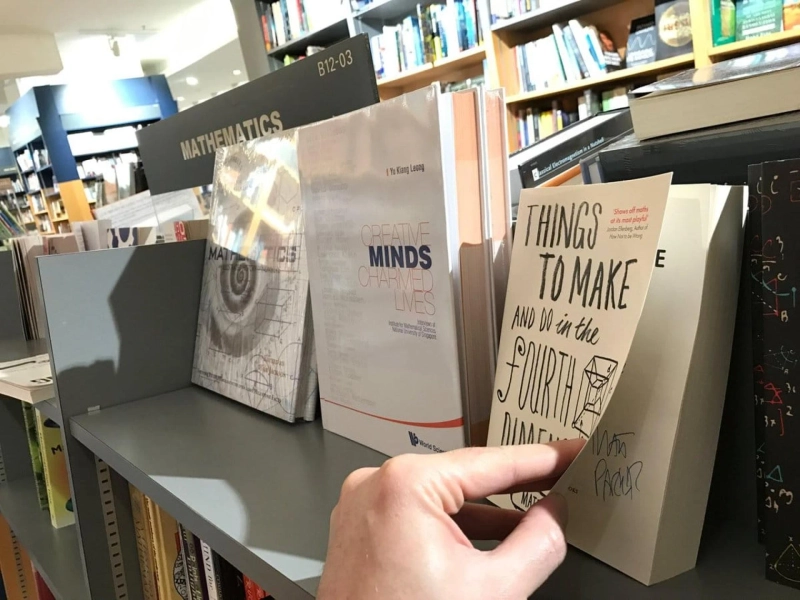When you are getting ready for competitive exam, there are a few things you must keep in mind. First and foremost, prepare well in the right manner.
If you are facing problems while getting ready for a competitive exam and don’t know exactly what you should do in order to ace it, then this is the post you should be reading. In this article, we are going to tell you competitive exam preparation tips and do’s and don’ts of doing well in an exam and how you can do well for yourself by doing the right things.
Always remember that it’s not always about studying hard but studying enough.
How to Crack Competitive Exams:
Competitive exams are the best way to churn out the best among all, and the good news is that there are tons of them every year, because the exams are in demand. They can range from entry-level jobs like bank clerks and nurses to more specialized ones like pilots and engineers.
The exams are run by government agencies, universities, professional groups, certification boards and private companies. The exams are tough, but with the right preparation and guidance, you can ace them.
According to experts, competitive exams are the best way to churn out the best among all. The process of how to preparing for competitive exams can be long and cumbersome, but the rewards are worth the effort. As you work your way through the preparation process, it\'s important to develop the right mindset.
Tips to Crack Government Exams:
Many students aspire to get into government jobs by clearing competitive exams organized by the government. Getting a government job is a dream job for many as the advantages and benefits that it brings along with are numerous. As a result, many students apply, thus increasing the competition.
Competitive Exam Preparation Tips and Tricks:
The following mentioned are a few preparation tips for how to study for competitive exams.
- Have a shorter study period:
- If you plan your study sessions properly, you can actually study for an hour or so and then take a break. You don’t have to study for 2-3 hours before taking a short break. You can also study for a half day and make a short break. Don’t keep your study period too long if you really want to excel in an exam.
- It is really better to break your study sessions than going into a marathon. The thing with marathons is that they can help you cover a lot of stuff at one go but the downside is that it could really make you feel tired and frustrated.
- Sync the timetable of your school with the home study schedule:
- Whenever you find your teacher is covering a topic in class, make sure you cover it as soon as possible so that you can revise the topic from beforehand. For example, when studying for a test. Being organized and diligent in following your school’s homework timetable is important. However, this doesn’t mean that you should be spending the whole time of your homework day focused on your studies. The timetable is there for a reason – so that you can plan your days, and get ahead. School timetables often don’t leave much room for flexibility. So, if you’re very conscientious about following your school’s timetable, you might find it difficult to fit in some home study time in between.
Plan your study time:
- Before you start studying for an exam, you should allocate some time to plan your study. It is extremely important that you allocate your time wisely. Use your time effectively. Plan out your study session, have an idea of what you want your study time to cover, and stick to it.
- Here are some study tips that help you plan your time efficiently:
- Have a plan. Decide how much time you need to spend on a subject, and study accordingly.
- Divide your time. Divide your time equally for each subject. Break large subjects into manageable chunks.
- Practice your time management. Break down your study time into manageable chunks. For example, if you have a 2-hour exam, divide your time into 20-minute increments. Divide your study time into 5-minute increments.
- Plan things ahead, know what you are going to cover on which day and how you will be revising before your exam. It can really help you do well in an exam. People who plan from before are able to do much better than people who don’t.
- Take small breaks:
But how does exercise help the brain? According to research, your brain needs physical exercise in order to function at its best. By exercising regularly, you improve blood circulation and oxygen flow to the brain, which enhances the performance of your neurons.
Additionally, physical activity helps to clear your mind, which allows you to study more efficiently.
So, if you study too much in one session, take a small break. Go for a run, play some tennis or practice your golf swing. This way, you refresh your mind, which enables studying for a longer time. The whole point here is to study hard but not so hard that you can’t cope with it. Make things simpler for yourself by doing the right stuff!
Unoreads is an educational knowledge social media, the first of its kind. The content available at unoreads is free to use and prepared by our expert team members from mostly open sources made available by the government.
Conclusion:
With that, we would like to bring the post to a close. If you have enjoyed reading the article and found some benefit from it, do let us know in the comment box below. We would love to hear from you. Also, make sure you aren’t getting too stressed like we have mentioned and make sure to follow all the points mentioned.



